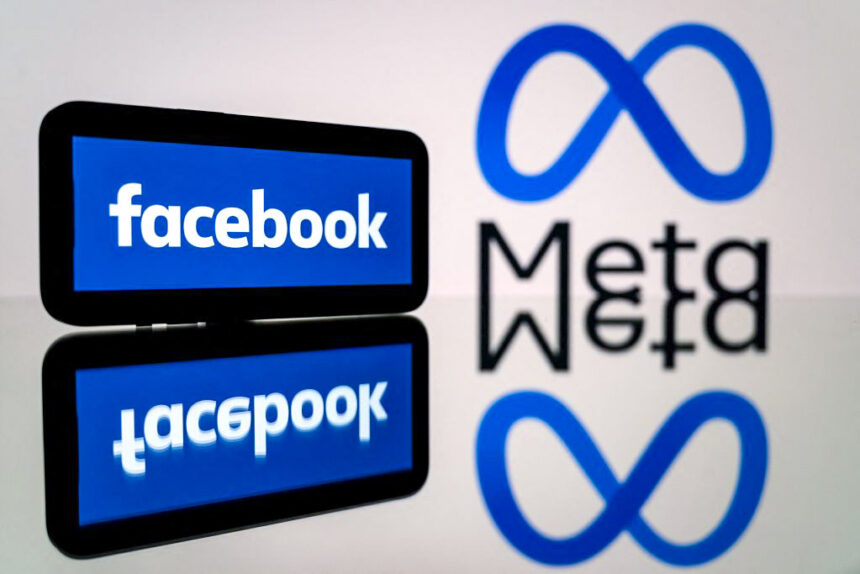The European Union (EU) has accused Meta, the parent company of Facebook and Instagram, of deceiving consumers by promoting the social media platforms as “free,” while actually requiring users to either pay a subscription fee for an ad-free experience or consent to the company processing their data for personalized ads.
The EU’s Consumer Protection Cooperation (CPC) network, responsible for enforcing EU consumer protection laws, sent a letter to Meta on July 22, instructing the company to change its “pay or consent” model. This model forces users to either pay for using Facebook and Instagram or allow their personal data to be used for targeted advertising.
Vera Jourova, vice president for values and transparency at the European Commission, stated, “We will not tolerate deceptive practices that harm consumers.”
The CPC found several issues with Meta’s subscription-for-no-ads model in Europe. These included misleading users by offering a “free” service while requiring them to allow data processing for personalized ads if they choose not to pay a subscription fee.
Additionally, Meta was accused of creating confusion by making it difficult for users to understand how their data would be used for marketing purposes.
The CPC also criticized Meta for pressuring customers to consent to data processing or pay subscription fees, using vague language like “your info” instead of “personal data.”
Meta has until Sept. 1 to respond to the letter and propose changes. Failure to do so may lead to enforcement actions and sanctions.
Commissioner for Justice Dider Reynders emphasized, “Consumers should not be misled into thinking they can avoid ads by paying or receive a free service, only to realize their data is used for ad revenue.”
Meta did not provide a comment to The Epoch Times.
The CPC’s actions are separate from a previous decision by the European Commission, which determined that Meta’s advertising model violates the Digital Markets Act (DMA) by failing to obtain user consent to combine personal data across services.
If the commission’s investigation confirms non-compliance with the DMA, fines of up to 10 percent of Meta’s global turnover could be imposed. Repeat offenses could result in fines of up to 20 percent of turnover, divestment of business units, or a ban on operating in the EU.
Earlier this year, 28 organizations urged European privacy regulators to oppose Meta’s “pay or consent” model, warning that accepting it could normalize data exploitation across industries and weaken protections against surveillance capitalism.





